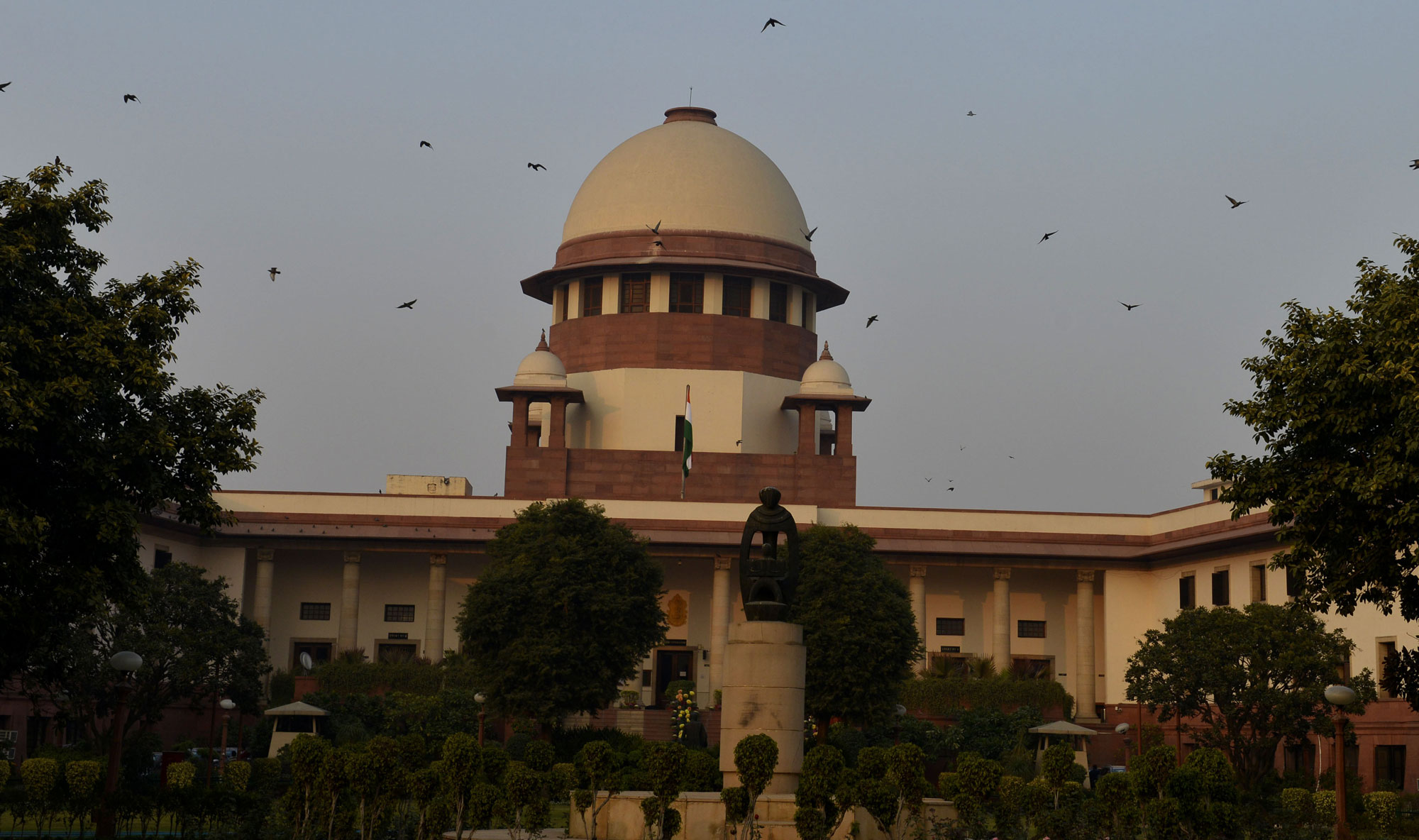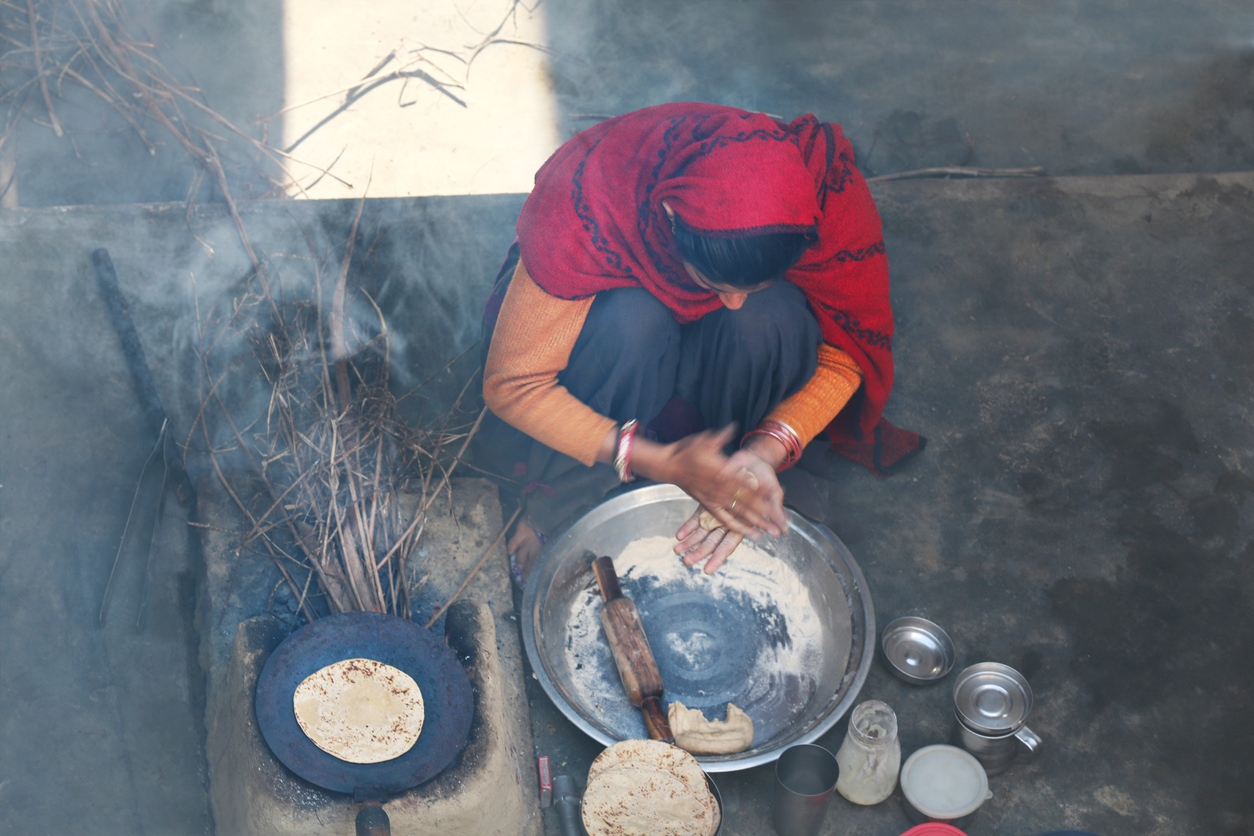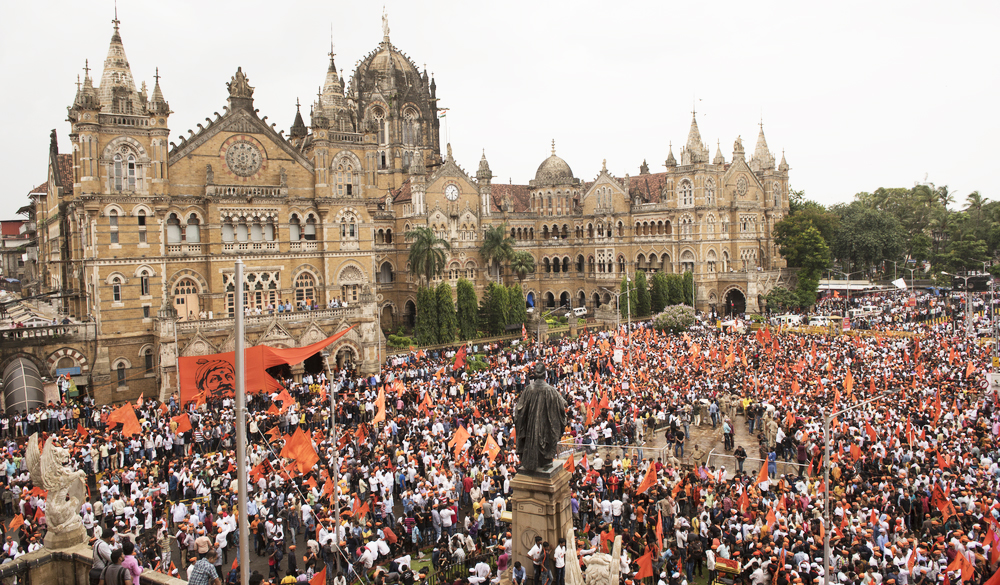The 10 per cent reservation for “economically weaker sections” that the Narendra Modi government proposes to introduce through a constitutional amendment can face stiff legal hurdles, eminent lawyers believe.
Senior advocate and former additional solicitor-general K.V. Vishwanathan told The Telegraph that while the government could introduce reservation for any section of society, it needed to furnish empirical proof that the beneficiary group was inadequately represented in government jobs or education.
Several court verdicts beginning with the 1991 Indra Sawhney judgment by a nine-judge constitution bench have held that the government must justify reservation for any group with data about its share in the population and in jobs and education.
But the Modi government, Vishwanathan said, appears to have conducted no study to justify reservation for the poor among the upper castes.
“The government will be well advised to first have the matter examined thoroughly by a committee to estimate the (possible) inadequacy of representation among those falling under this economically backward category,” he said.
“Otherwise, even with a constitutional amendment (adding an economic yardstick for reservation to the existing criterion of social and educational backwardness), the measure will fail for want of empirical data and would thereby be deemed as violating the principles underlying Article 14 (equality). The percentage of 10 appears to have been picked out of a hat.”
Referring to the income cut-off that excludes the well-off among the OBCs from reservation, he said: “The economic criterion appears to be a mere mechanical copy of the creamy layer exclusion criterion for OBCs.”
He was echoed by another former additional solicitor-general, Vikas Singh, who saw a “political gimmick” in the government’s move.
“This (a constitutional amendment) may be done but it can’t be done in a hurried manner. There have to be proper deliberations. Without a proper study and public opinion it can’t be done. I think it is more a political gimmick than a genuine attempt (at reservation),” Singh said.
He also highlighted that the Sawhney judgment had fixed a 50 per cent ceiling for the total volume of reservations. Currently, the volume of reservation for the Scheduled Castes, Scheduled Tribes and OBCs comes to 49.5 per cent.
Tamil Nadu, which has 69 per cent reservation, got the Ninth Schedule of the Constitution amended in 1994 to obtain statutory sanction for its quota volume. A challenge to the amendment is pending with the Supreme Court. Several other states too have higher than 50 per cent reservation but these were not challenged in the courts.
In March 2015, the Supreme Court had struck down the Centre’s decision to include the politically and economically powerful Jat community in the OBC list in nine states, saying it had been done on the basis of “outdated data”.
“A decision as grave and important as involved in the present case which impacts the rights of many under Articles 14 and 16 (equality and non-discrimination) of the Constitution must be taken on the basis of contemporaneous inputs and not outdated and antiquated data,” it said. “The backwardness contemplated by Article 16(4) is social backwardness. Educational and economic backwardness may contribute to social backwardness, but social backwardness is a distinct concept having its own connotations,” the bench of Justices Ranjan Gogoi and R.F. Nariman had said.
On September 9, 2016, the Supreme Court had refused to stay a Gujarat High Court judgment quashing a 10 per cent reservation announced by the state government for the economically backward sections. The state’s appeal against the high court ruling is pending.
Gujarat’s decision was seen as a tactical move to take the sting out of Hardik Patel’s agitation for a quota for the Patidar community.













